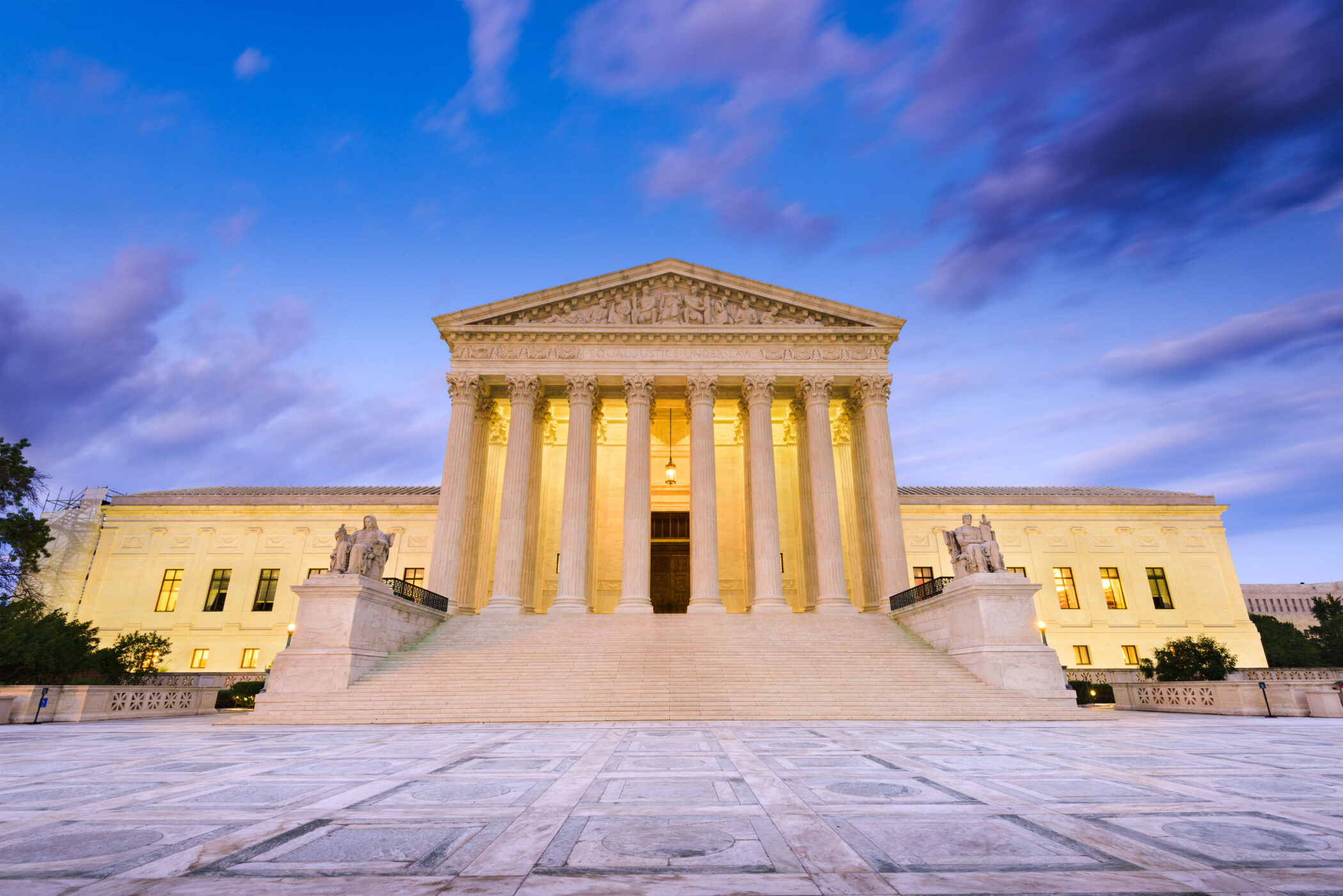Kansas Attorney General Derek Schmidt believes the people should have an opportunity to weigh in on the school financing war between the Kansas Supreme Court and the state legislature.
“In the half century since the current language of article 6 of our constitution was adopted, the people of Kansas have said little about its meaning while the Legislature and the Courts have spoken volumes,” Schmidt told members of an interim legislative committee on Dec. 19.

The special committee was tasked with fact-finding potential legislative responses to a Court ruling that deemed the current school financing formula unconstitutional. They will not offer a formal recommendation to the legislature.
Article 6 of the Kansas Constitution says “the legislature shall make suitable provision for finance of the educational interests of the state.”
Schmidt said that since the people adopted that language in 1966, the courts have spawned more than 1,000 pages of judicial decisions to interpret them.
“And that volume is increasing exponentially,” Schmidt said. The most reason decision, an 80-plus page opinion, said public education funding isn’t adequate or equitable. It gave lawmakers an April 2018 deadline to adopt a new financing scheme for court consideration.
He urged the legislature to respond to the court’s decision, but said they should also consider a global and thoughtful discussion about Article 6.
He recommended legislators consider seeking specific instructions from voters on how school funding disputes should be resolved. He said the clarification would be a “citizen’s veto.”
According to a poll commissioned by the Kansas Policy Institute, a majority of voters agree with Schmidt’s recommendation. The poll revealed that almost 60 percent of voters want the opportunity to weigh in on judicial interference in the school funding debate. Of those surveyed, 21 percent said they would like to see the state constitution changed making the Kansas Legislature solely responsible for determining school funding levels. Another 38 percent said they would like to see a constitutional provision that sets minimum funding levels so funding levels wouldn’t be open to legal interpretation. Twenty percent of respondents said funding should be set by the courts, and 21 percent said they aren’t sure.
Putting a constitutional amendment before voters would require a two-thirds majority vote in both houses of the legislature, and Schmidt worried that when people start talking about amending the state constitution, some get defensive.
“It shouldn’t have to be that way. There is room for real, and I hope thoughtful and maybe bipartisan discussion,” he told the committee.
The Attorney General suggested lawmakers could discuss who can bring forward a constitutional challenge to school funding. For example, in the current ongoing case, the principal plaintiff, Luke Gannon, was dismissed from the litigation for failing to establish educational harm. The Court kept the name Gannon on the suit to alleviate confusion. Schmidt said legislators could also consider the appropriate tests to measure suitability, equity or adequacy.
Currently, the Court uses the Rose standards to measure adequacy.
“This is supposed to be a constitutional test,” Schmidt said. “The test is derived from a Kentucky court case that was decided in the 1980s. It is not possible that the people, when they approved Article 6 in 1966, that they had Rose vs Kentucky in mind.”
Determining equity is a traditional role for courts, but Schmidt said determining whether the amount of funding is adequate is commonly a legislative function.
“Perhaps that is why adequacy litigation tends to invite the greatest rancor and risk of constitutional crisis: It squarely pits the judiciary’s constitutional duty to determine what the law is against the Legislature’s constitutional duty to control the public purse strings,” he said. “Given that unique dynamic, perhaps the people should be asked to resolve the matter when the two branches of their state government come to an impasse.”
One legislator, Sen. Dennis Pyle, prefiled legislation to amend the Kansas Constitution earlier this week. The legislation doesn’t define the roles of the Court or the Legislature in school financing. Instead, Pyle’s proposed amendment would prevent the Supreme Court from closing schools–something the justices have threatened to do in the past.
“Our system of government has many checks and balances. This is just adding to that,” Pyle said in a press release. “…This sensible proposal is a unique approach and is necessary to prevent the centralized bureaucracy of Topeka from using extreme measures and bullying tactics to push their political agendas of more power and control by disrupting the education of children.”
The 11-member interim committee finished its work on Tuesday. During three sessions, members heard testimony describing how lawmakers could raise taxes to meet the Court’s demands. They learned adding $600 million in new education funding would mean an 18 percent across-the-board cut to all other state services. Schmidt offered final testimony on Tuesday.
Schmidt didn’t offer any specific proposals.
“My purpose is to suggest that our state would be better off if the people were allowed to either reaffirm that the system of determining school funding is working as intended, or to determine that modifications and clarifications are needed,” he said.


